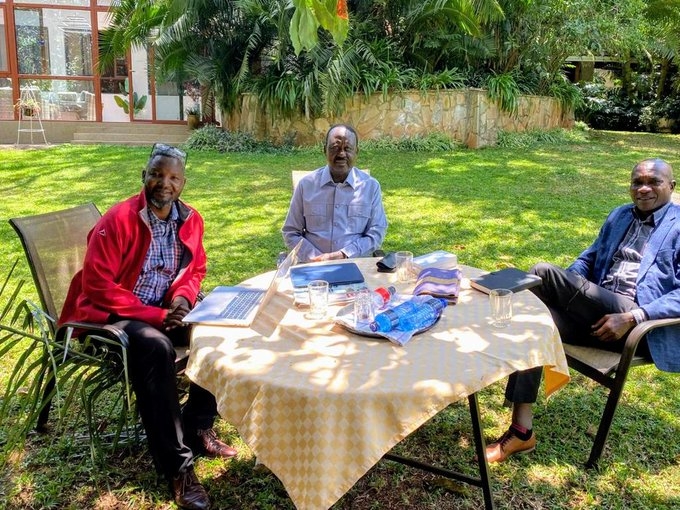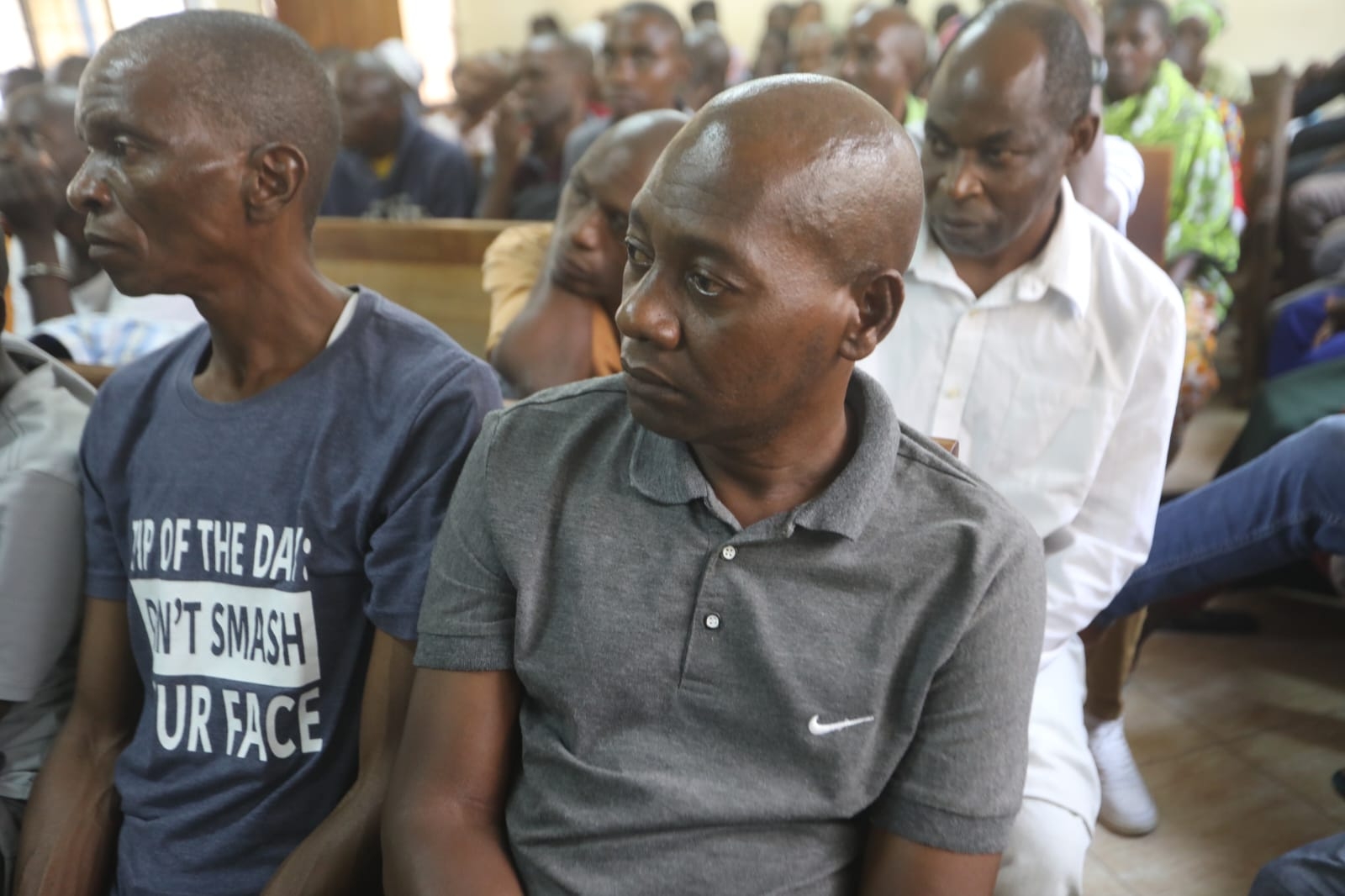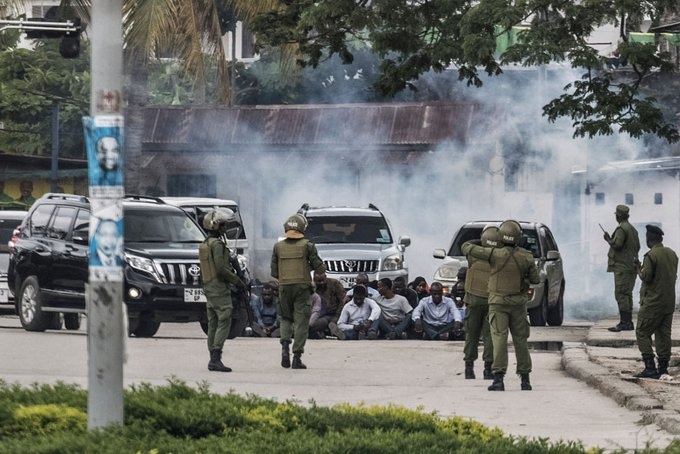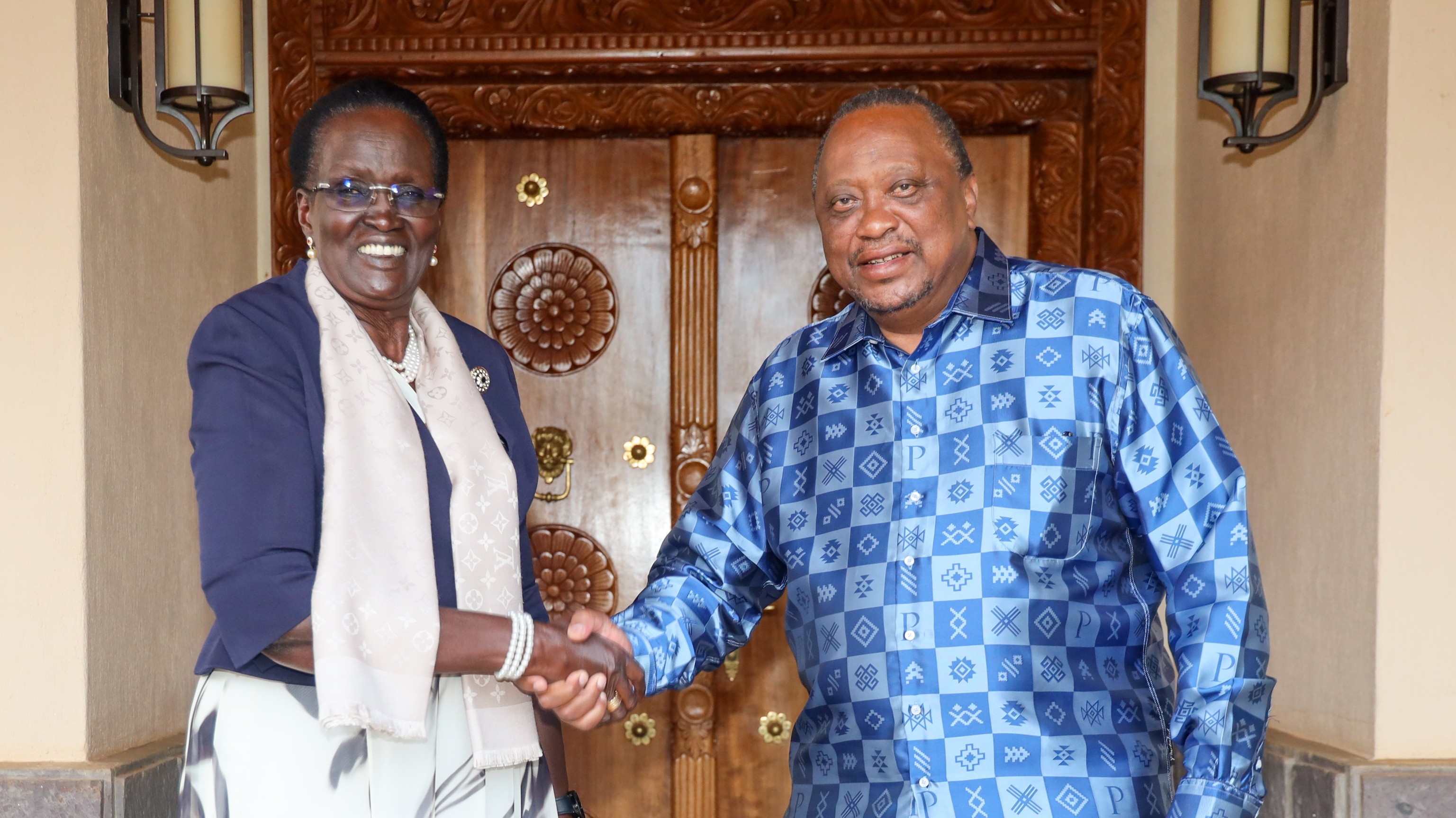The Common Market for Eastern and Southern Africa(Comesa) wants clearance of essential transit cargo across the region fast-tracked, even as truckers remains affected by Covid-19.
The 21 member state trade block says this should be done through pre-clearance and or prompter clearance to facilitate trade and reduce the risk of infections at the border posts.
“Member states are urged to put in place priority processing channels for goods and services classified as essential. The channels should also accelerate the clearance and movement of transit goods across the countries,”Comesa Business Council(CBC) said in a statement on Friday.
In its regional trade guidelines , it wants member states to ensure that drivers and their crew in cross-border transit , and those delivering essential goods inland, are facilitated as needed.
Customs authorities must ensure continued availability of their customs declaration processing systems to avoid system failures that lead to long queues at the port of entry, it says.
Member states in the $768 billion (Sh81.979 trillion) combined GDP market have been urged to apply mandatory pre-clearance processing of goods to reduce congestion and dwell-time at the border.
“Physical inspections should be carried out only where it is necessary,” the secretariat said.
The CBC has recommended publishing of all regulatory measures pertaining to the Covid-19 restrictions and the list of goods/essential goods being applied within the country.
Member states are urged to urgently put in place a common framework on the movement of essential goods and services across borders taking into account product uniformity and harmonisation across the countries.
Preferential clearance should be given to food products, chemicals, packaging and ancillary products used in the production of any food products.
Cleaning and hygiene products such as paper, sanitary pads, sanitary tampons and condoms, hand sanitizers, disinfectants, soap, alcohol for industrial use, household cleaning products and personal protective equipment should be allowed to move with speed.
Other products are personal toiletries, including hair care, body and face washes, roll-ons, deodorants and toothpaste and chemicals, packaging and ancillary products used in the production of any of the above.
Clearance of medical and hospital supplies, equipment and personal protective equipment, veterinary supplies and raw materials and inputs such as chemicals, packaging and ancillary products used in the production these products should be expedited.
Agricultural inputs and raw materials for use in industries ,equipment and spares required for repair and maintenance of machinery used in the manufacture of essential goods also require speedy movement, it said.
“Member states are urged to consider alternative and practical measures for the movement of cargo across the region such as allow cargo to be transported by a limited number of persons (two),” it said the statement.
Countries should also put in place regulations for truck drivers to have limited interactions with people.
“Travel restrictions and mandatory quarantine for drivers and transport workers not displaying symptoms of Covid-19 may be waived subject to preserving protection and avoiding contagion,” Comesa says.
However, these drivers must strictly adhere to social distancing requirements to avoid possible contagion.
Truck drivers are required to declare their final destination and are urged to stop only at designated points along the transport corridors so as to limit the chances of spreading the virus while on transit.
“No operational restrictions will be imposed on foreign registered transporters entering a member state as long as they operate within the essential services spectrum subject to national rules and regulations,” the trade body has said.
Other key provisions are collaboration between aviation and logistics partners to provide transport essential services for emergency medical supplies and food aid in support of the Covid-19 relief effort and exemption of air cargo crew members, who do not interact with the public and are confined to their hotels, from mandatory quarantine requirements.
Revenue authorities have been urged to support to the economy, and sustaining of supply chain continuity.
Member states have also been urged to put in place measures which can assist business including tax relief measures such as extending payment of duties, payment of duties in installments, duty drawback, weave penalties for delay in submission of export documentation, and setting help desk online to facilitate trade, among others.
Member states include Burundi, the Comoros, the DR Congo, Djibouti, Egypt, Eritrea, Ethiopia, Kenya, Libya, Madagascar, Malawi, Mauritius, Rwanda, Sudan, Swaziland, Seychelles, Uganda, Zambia and Zimbabwe.












